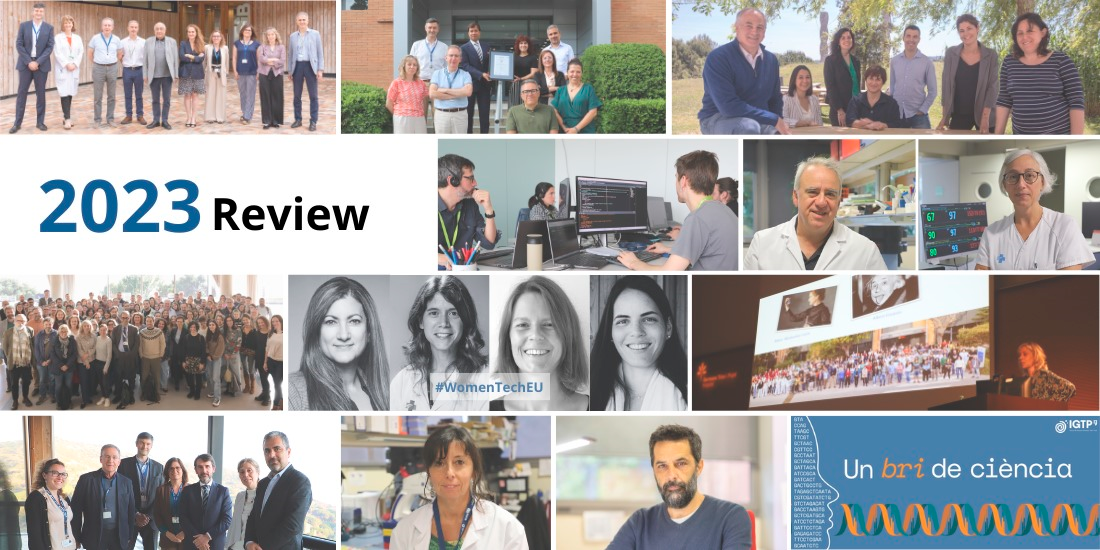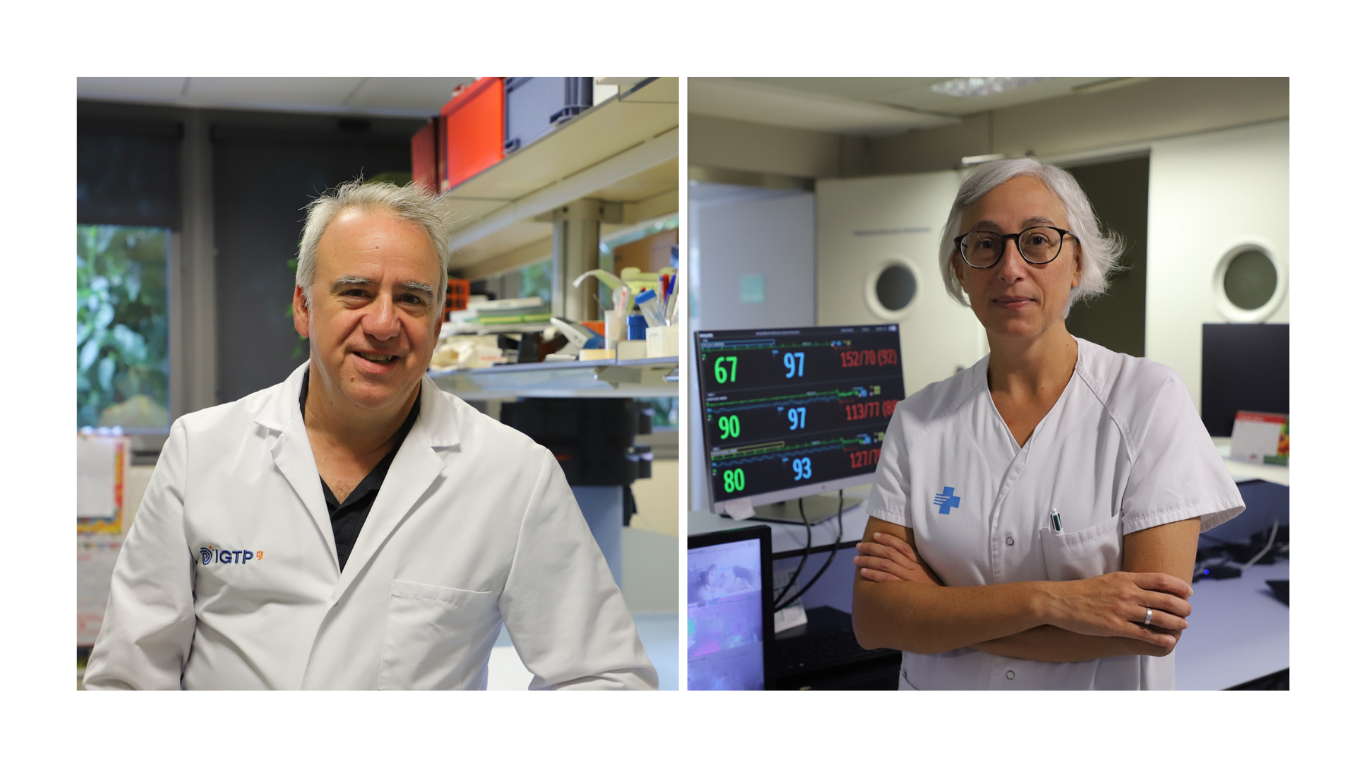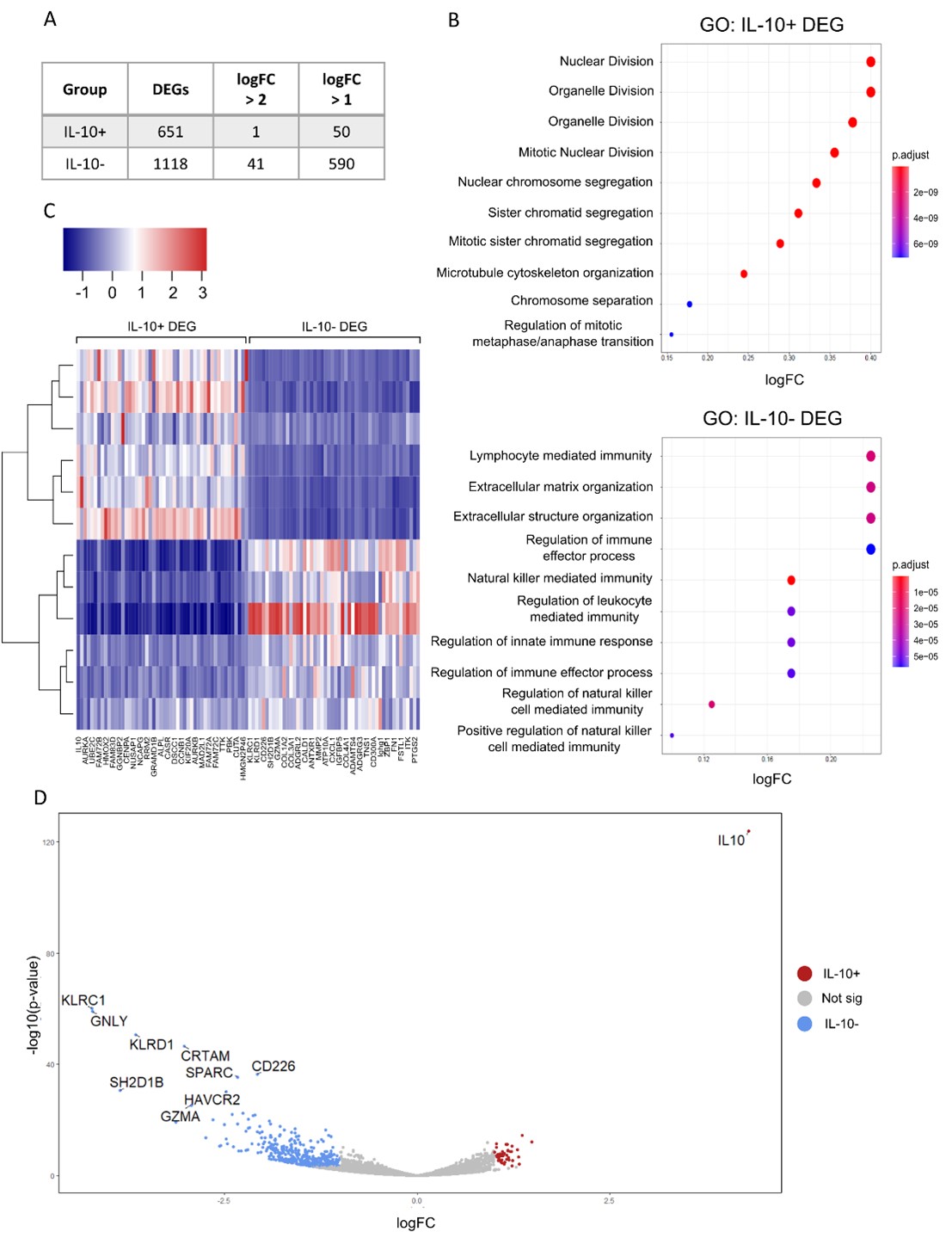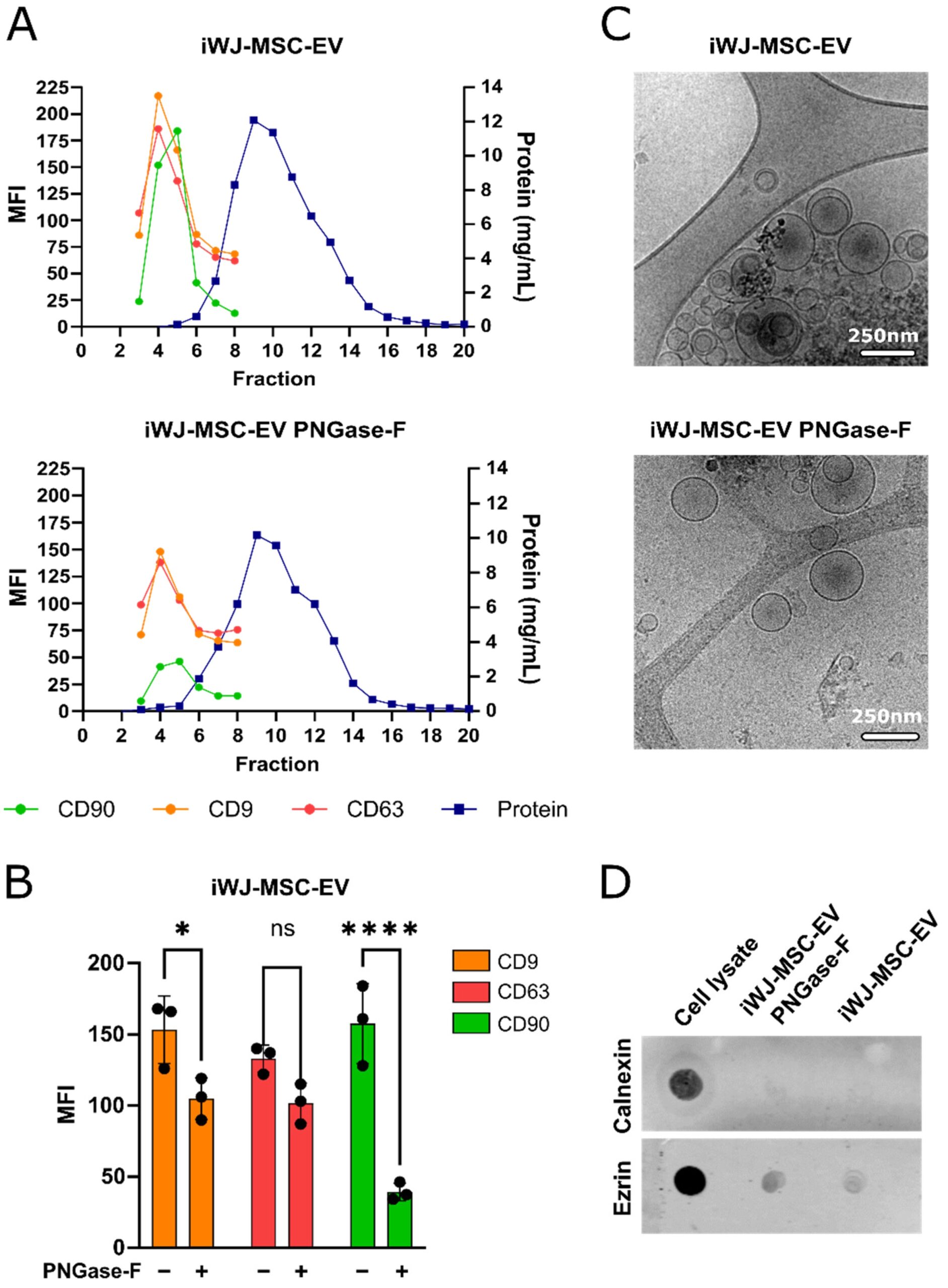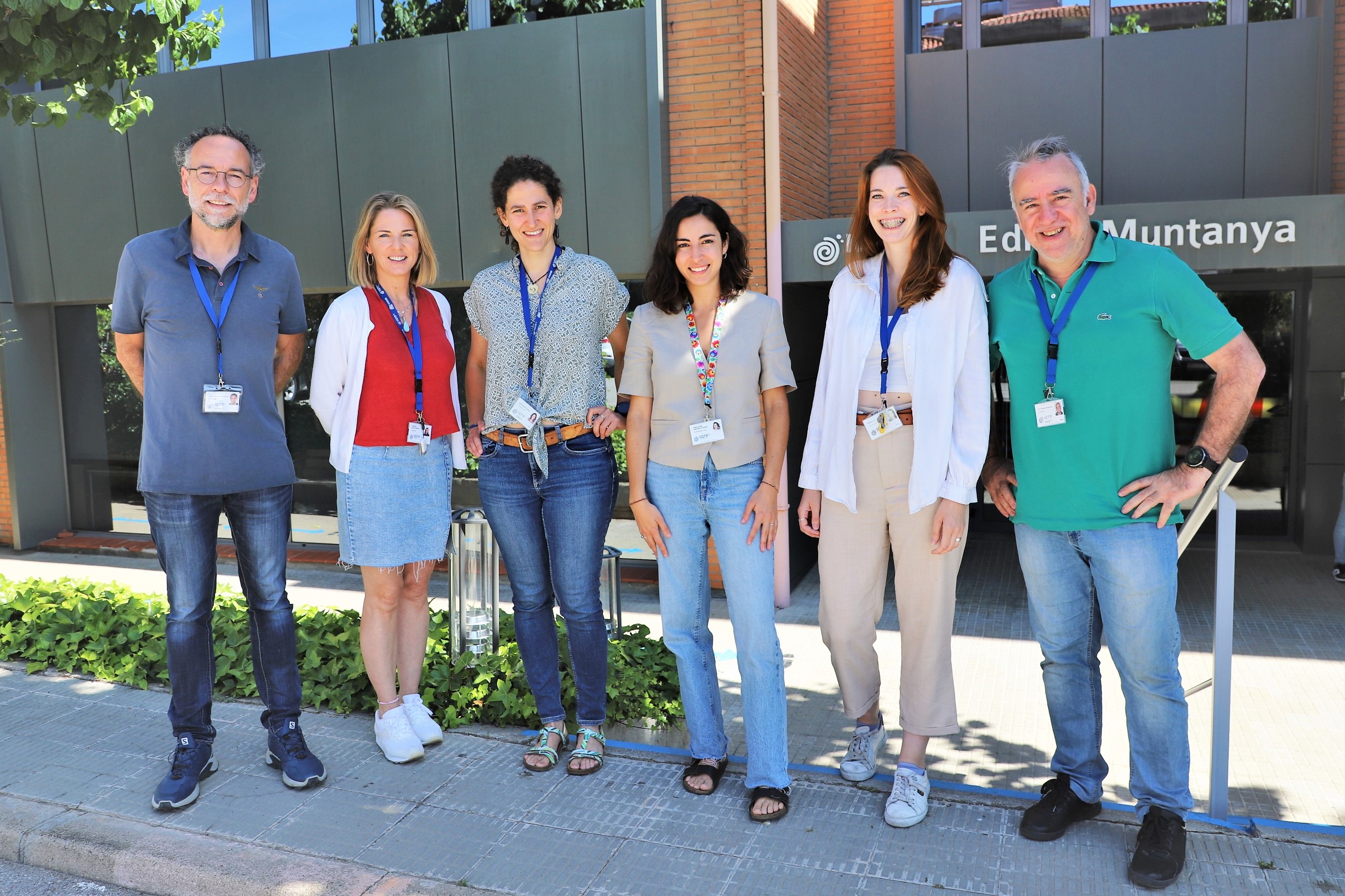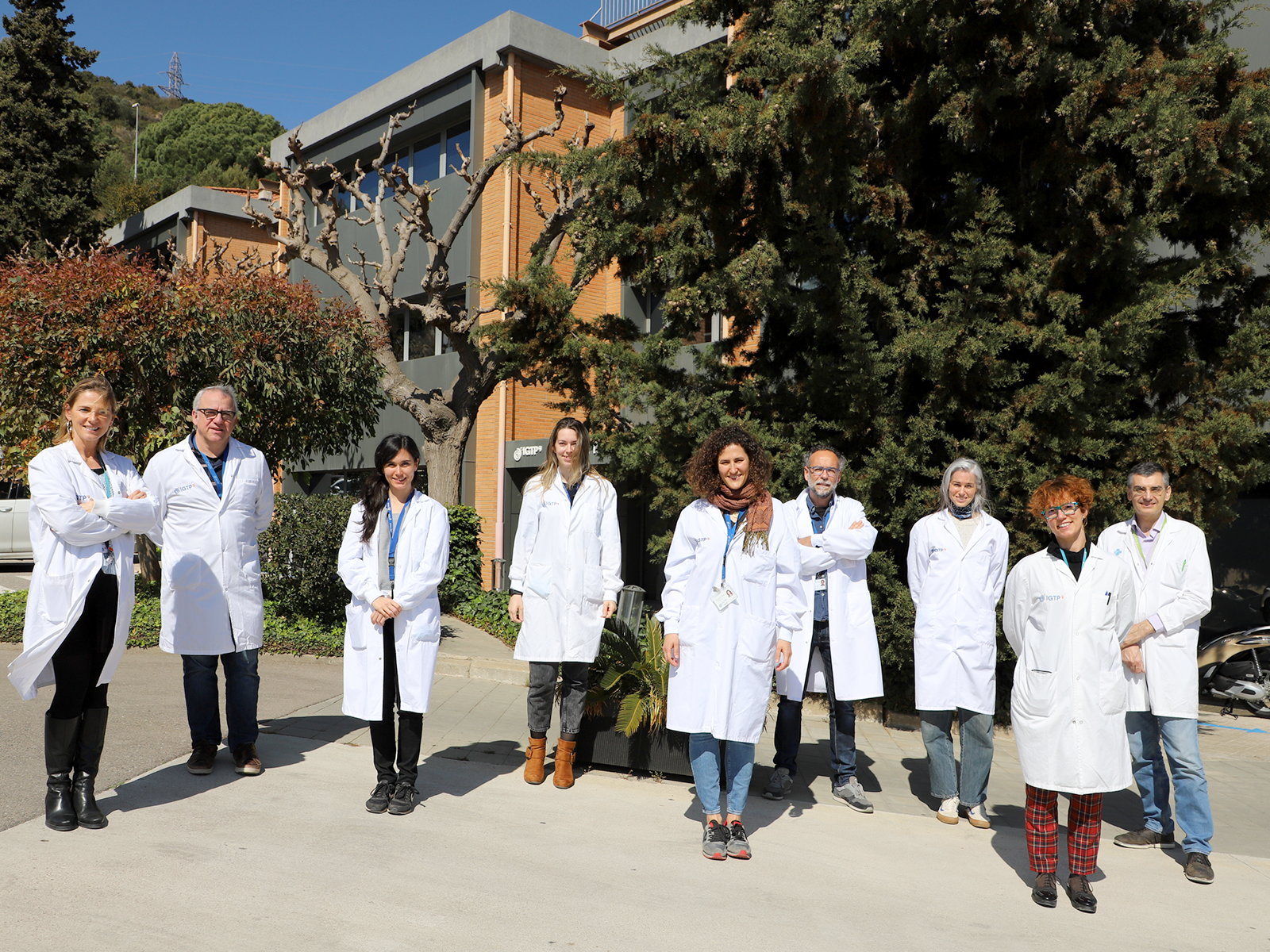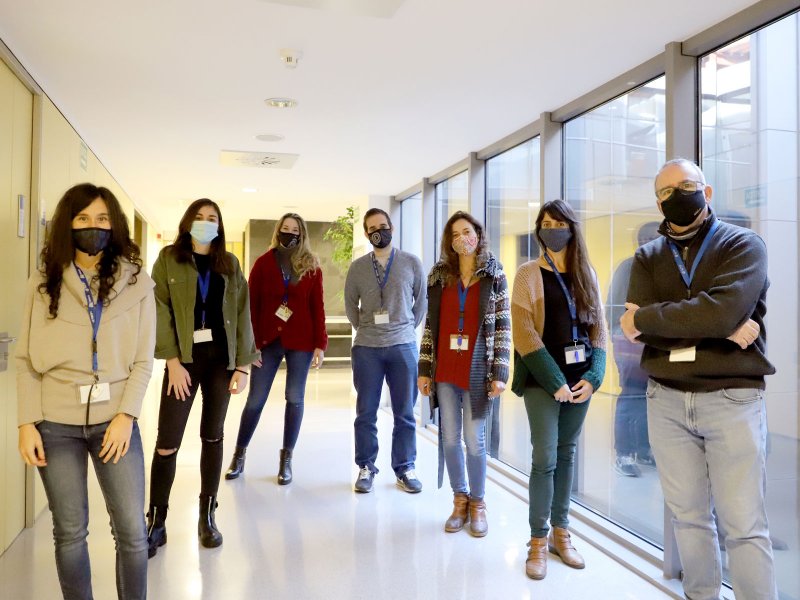Celebrating International Women's Day: the voice of our professionals
To commemorate International Women's Day, we asked four questions to researchers from various profiles at IGTP and professionals from different research support areas. The aim is to understand the difficulties they have faced as women in their professional field and to gain insight into their perspectives on the future.



